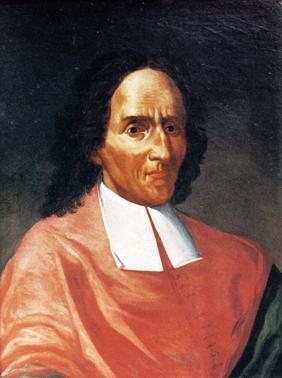
When doing philosophy, the search for the meaning of what exists, and why and how it exists, is a fundamental and constitutive element. Among the branches of philosophy that have had the greatest impact from the early-modern to the contemporary age is the philosophy of history. The founding questions of this theoretical discipline can be summarized as follows: why do events occur in a certain way? Is there an immanent or transcendent order that explains the succession of events, eras, peoples and nations? And, moreover, what is the role of the human individual, if a rational order of history indeed exists? Philosophers have tried to answer these questions in many ways, proposing idealistic, materialistic, immanent or transcendental theories. A turning point of this kind of philosophical investigation is found in the most famous work of the Neapolitan philosopher Giambattista Vico (1668-1744), "The New Science". In this deeply influential work, Vico laid the foundations for what is, in fact, a new discipline, based on the systematization of various humanistic theoretical branches and which proposed a philosophical reading of historical development. Vico’s fundamental maxim is “verum ipsum factum” (“what is true is the same as what is done”). Through this aphorism, Vico expresses the idea underlying his new historical discipline: the fact that human beings are the creators of the world in which they live, which is nonetheless governed by precise laws, that can be discovered through a philosophical and philological method. Several themes converge in the work: the relationship between the human individual and the social group; the cultural and moral function of mythology in shaping the minds of the people; the function of poetry and literature. In this seminar, we will examine in detail the focal points of Vico's work, highlighting his relationship with other important philosophers of the early modern age (especially Descartes and Spinoza). More crucially, by means of a critical understanding of Vico's thought and influence in the historical context of modern philosophy, we will problematize a long-debated issue: whether the recognition of a rationale in historical development can coexist with the autonomy of the human being in it.
- Dozent/in: Francesco Molinarolo